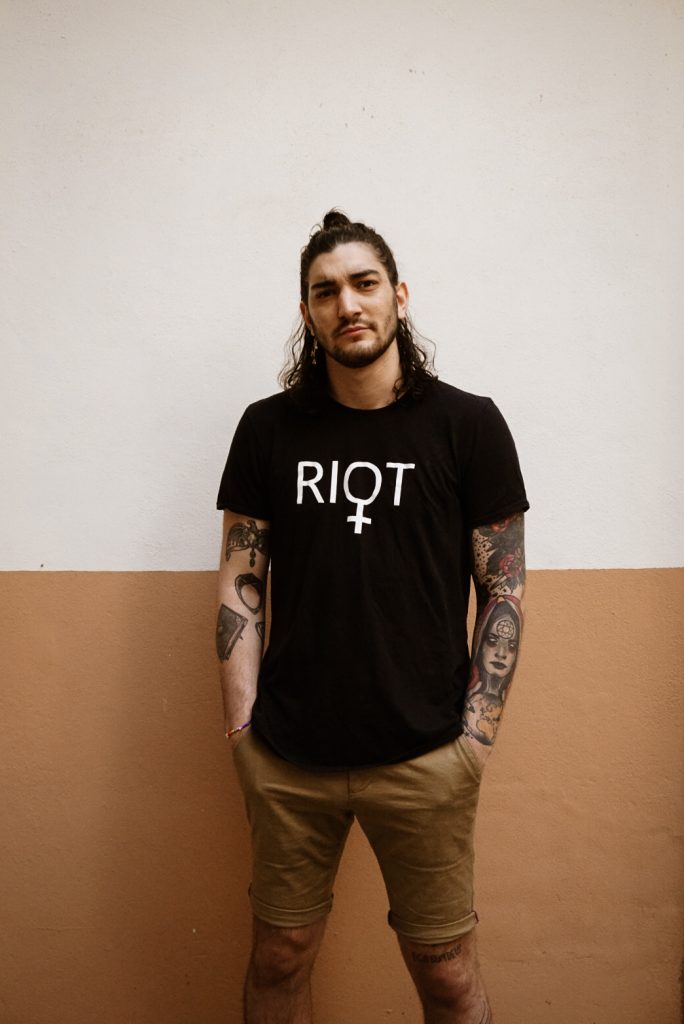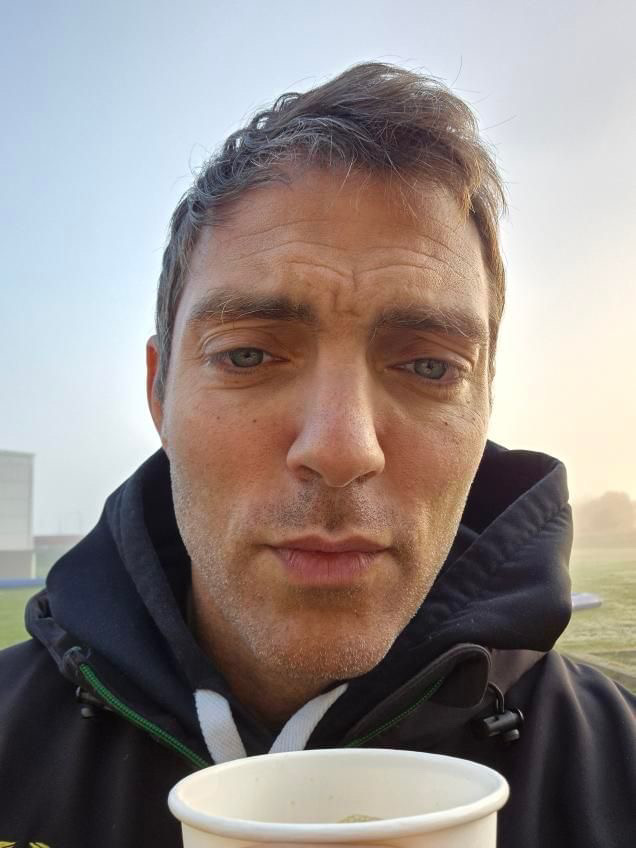International Men’s Day is becoming increasingly recognized for highlighting men’s contributions to society, men’s health, and positive male role models who inspire responsible actions. At RealStars, we think this is a positive development.
At the same time, we at RealStars want to take this opportunity to highlight our work on Fair Sex against trafficking, as statistics show that men make up the majority of sex buyers—one in ten Swedish men has purchased sex. This makes it especially important to amplify the voices of men who take a stand against trafficking and exploitation.
We must also recognize the men who never exploit another person’s body for payment—those who see Fair Sex as a given.
In the lead-up to International Men’s Day, RealStars has gathered voices from men who we believe deserve special recognition for their commitment to combating sexual exploitation and promoting Fair Sex.
Ahead of International Men’s Day, RealStars has gathered the voices of men who we believe deserve special recognition for their commitment to combating sexual exploitation and promoting Fair Sex.
Questions & Answers

Attila Yoldas
Attila Yoldas
Journalist and author, lecturer on important social issues such as gender equality and machismo culture.
What challenges do you see in addressing the opposite of Fair Sex? (i.e., trafficking, prostitution, and other forms of abuse)?
The biggest challenge, in my view, is changing how boys and men perceive consent and women. Studies, including those from Sifo, show that we urgently need to focus on shaping young men’s attitudes toward consent. It starts with casual remarks like “girls play hard to get,” exaggerated ideas about masculinity and sexuality, and a deeply ingrained sense of entitlement to women’s bodies. Since these attitudes are spreading among young boys, we need to act as early as possible to counteract these expressions of machismo culture. It’s unacceptable that so many boys and men do not understand what Fair Sex truly means.
How can we encourage more (especially young) men to take a stand for Fair Sex and against buying sex?
We need to make it personal—make them understand what it truly means to violate someone’s boundaries and exploit them. No boy should grow up in an environment where toxic narratives are spread or tolerated by other boys, young men, and men. We need to raise awareness and ensure they understand the real consequences of such violations—especially for the victims.

Daniel Israeli
Daniel Israeli
Anti-porn advocate and lecturer raising awareness about the consequences of pornography and its impact on young people.
What challenges do you see in addressing the opposite of Fair Sex? (i.e., trafficking, prostitution, and other forms of abuse)?
The biggest challenge we face is changing how people think about prostitution. We need to instill even more empathy in the next generation and educate them about how prostitution actually works and the harm it causes to those subjected to it. Legislation and bans are important symbolic actions, but as with all societal change, a true shift in mindset is required.
How can we encourage more (especially young) men to take a stand for Fair Sex and against buying sex?
I believe we need more men to engage in order to bring in more men. The men who dare to lead and speak out now will pull others along with them. This is one of the few issues where men truly need to take up more space—where men’s voices are even more crucial than women’s. We should encourage each man to bring at least one more man into the movement.

Stefan Popov
Stefan Popov
Actor and recipient of the 2024 Child Rights Hero of the Year award alongside Nikita Uggla.
What challenges do you see in addressing the opposite of Fair Sex? (i.e., trafficking, prostitution, and other forms of abuse)?
I believe the biggest challenge in tackling these issues is machismo culture—the societal norm that dictates how men and women should behave, but particularly how men should act. Trafficking and prostitution are consequences of this toxic hierarchy, which has also fueled machismo culture. It is a structural problem. The key to breaking this structure lies in shaping the next generation. We need to show men, in particular, that it is okay to express emotions and be themselves, while also stopping the pressure on today’s youth to conform to destructive norms that assign value to bodies based on gender.
How can we encourage more (especially young) men to take a stand for Fair Sex and against buying sex?
As I mentioned, it is a structural issue. It feels like we are making progress in getting more men involved in this movement, but society constantly regresses in waves—such as with the rise of figures like Andrew Tate. Those of us fighting against trafficking and exploitation need to respond to these men with both facts and understanding, so they truly grasp where we are coming from. Some will understand, while others will resist the message—but the important thing is to keep pushing forward. Every small effort builds toward a larger movement, like bricks forming a pyramid.
A huge thank you to the men who participated and shared their insights with RealStars!
We hope their wise words and reflections will reach more men and inspire action.



